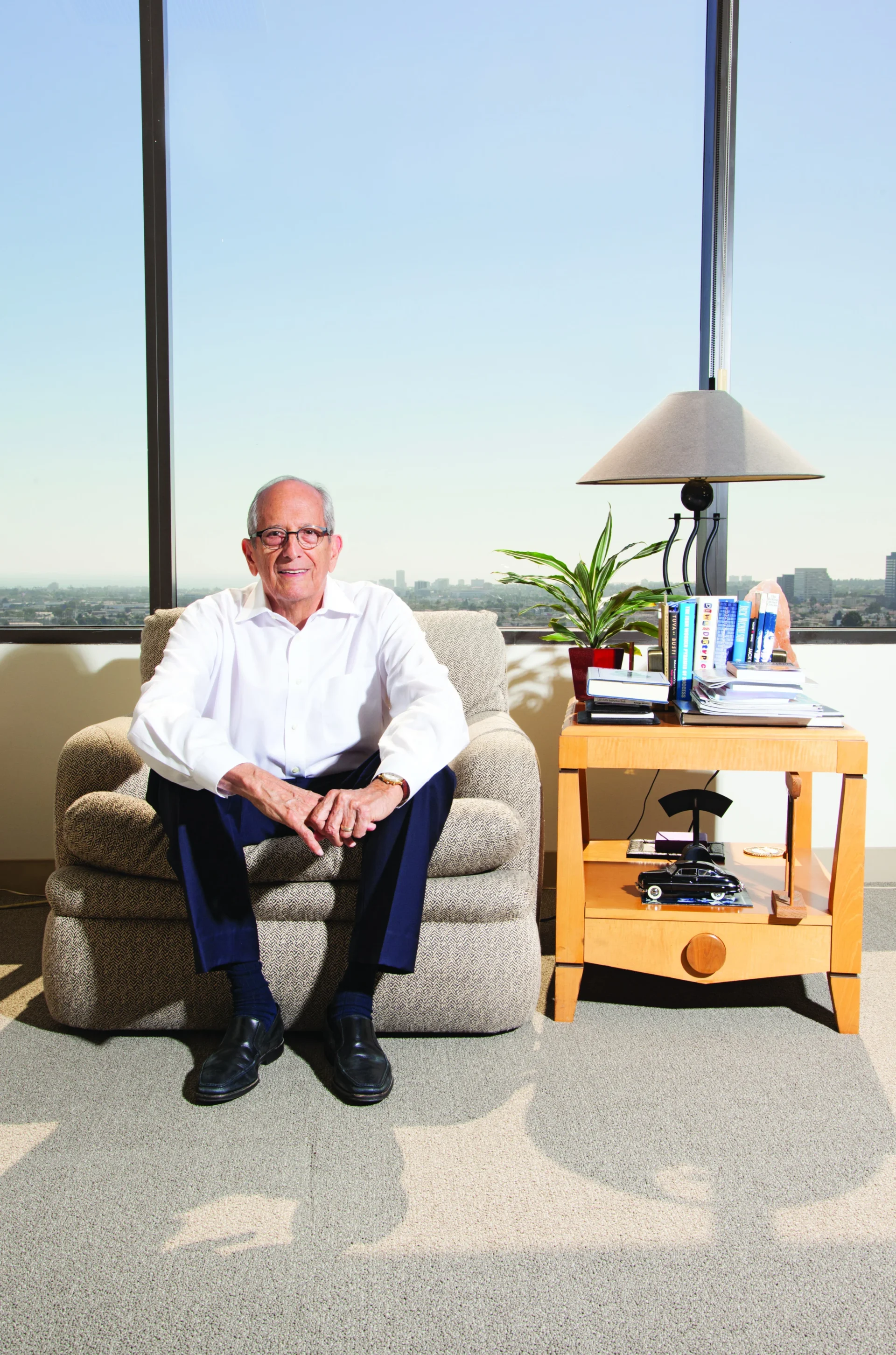Kenneth Kleinberg, a prominent Hollywood lawyer and a founding partner of Kleinberg Lange Cuddy & Carlo, was at the peak of his career in the late 1990s. His prestigious clientele included A-list celebrities like Johnny Depp, Jack Nicholson, author J.K. Rowling, musicians Mick Jagger and Toby Keith, and even high-profile brands such as Lego. Aged 56, Kleinberg was in prime health, as relentless in maintaining his fitness as he was in his demanding profession.
However, everything took an unexpected turn during a business trip to Cannes, France. One morning, Kleinberg woke up feeling unusually bloated and uncomfortable, as if his body was retaining excess fluid. Over the next day, the problem only intensified. Worried, Kleinberg reached out to his physician in California, who advised him to return home immediately. By the time Kleinberg got back and consulted his doctor, he had put on around 30 pounds of extra water weight, an experience he likened to being an inflatable clown toy punch bag filled with water.
His physician swiftly referred him to a kidney specialist who diagnosed him with a malfunctioning kidney. For the next six weeks, he was on a diuretic drug named Lasix, designed to help eliminate excess fluid from the body. He regained normal functioning, but what was disconcerting was the medical experts’ inability to explain the cause of the condition.
Around a year later, Kleinberg’s kidneys failed again. The condition was more severe this time, and he found himself confined to a hospital bed, hooked to a dialysis machine for weeks. Dialysis is a procedure used to cleanse the blood of toxins when the kidneys aren’t working properly. It entails diverting the patient’s blood into an external machine where it is filtered before returning it to the body. Typically, this procedure needs to be repeated thrice a week for around four hours.
Kleinberg, accustomed to finding solutions as a lawyer, was frustrated with the vague understanding of his disease and the trial-and-error nature of his treatments. He couldn’t fathom how in the wealthiest city of the wealthiest country, medical experts could be so clueless about a common malady like his, neither understanding its causes nor having a surefire way to treat it.
Indeed, Kleinberg’s condition is not an anomaly. In Hong Kong alone, around one million residents, roughly one in seven, suffer from kidney disease. Factors contributing to kidney disease, such as hyperlipidemia (high cholesterol), high blood sugar, and hypertension, were prevalent in a significant percentage of the surveyed population aged around 65. Hong Kong records approximately 1,000 new cases of end-stage renal failure each year, with around 2,000 patients awaiting kidney transplants. Globally, an estimated 350 people die daily while waiting for a kidney transplant.
Frustrated with the lack of attention and funding dedicated to kidney disease research compared to other conditions such as Aids or cancer, Kleinberg decided to transform his personal adversity into a mission for the betterment of others. Thus, in 2002, after extensive discussions and networking, he co-founded the University Kidney Research Organisation (UKRO) with Dr. Vito Campese, then chair of the division of nephrology and hypertension at the Keck School of Medicine.
Based in Los Angeles and established in association with the University of Southern California, the UKRO’s goal is to support medical research aimed at the prevention, treatment, and eradication of kidney disease. Kleinberg dedicated hundreds of thousands of dollars of his personal funds to the non-profit organization and has since managed to raise millions more through various fundraising activities.
In 2022, the UKRO achieved a significant breakthrough under the leadership of two of the world’s top stem-cell scientists: Andy McMahon, the director of the Eli and Edythe Broad Center for Regenerative Medicine and Stem Cell Research at the University of Southern California, and Zhongwei Li, assistant professor of medicine and stem-cell biology and regenerative medicine at USC’s Keck School of Medicine. The duo managed to build the first synthetic kidney using stem cells, which they successfully transplanted into a mouse.
With sufficient funding, McMahon believes that the first synthetic kidney transplant in humans could be a reality by 2032. This advancement could potentially save the lives of hundreds of people each day, providing a solution for the gap between the demand for and the supply of donor kidneys.
In 2007, while Kleinberg was preparing for a major fundraising event, he received a call from the hospital telling him that a kidney was waiting for him. At the event, his son delivered the keynote speech in Kleinberg’s absence, announcing that his father was finally getting a kidney transplant after six long years of dialysis. The news was met with tears of joy and enthusiastic cheers from the audience.
Today, Kleinberg continues to shine as a top lawyer in the entertainment world and a staunch advocate for kidney disease research. His personal struggle with kidney disease led to his dedicated commitment to finding a cure for the condition, potentially preventing future generations from undergoing the same hardships he did.
READ MORE:
